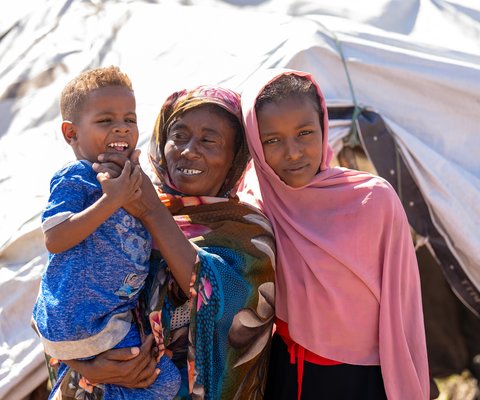Briefs
Search briefs
-
Briefing paper
Hunger in a heating world
One third of Pakistan has been flooded. Crops and topsoil washed away; farming infrastructure destroyed. On the other side of the Arabian Sea, Somalia is experiencing its worst drought for 40 years with crops failing and livestock dying. Our climate isn’t just changing, it has changed. Climate change is fueling hunger for millions of people around the world. Extreme weather events have increased five-fold over the past 50 years, destroying homes, decimating livelihoods, fueling conflict and displacement, and deepening inequality.

-
Briefing paper
Fixing Our Food
Debunking 10 myths about the global food system and what drives hunger

-
Briefing paper
Footing the Bill
Fair finance for loss and damage in an era of escalating climate impacts

-
Briefing paper
Profiting from Pain
The urgency of taxing the rich amid a surge in billionaire wealth and a global cost-of-living crisis

-
Briefing paper
Dangerous Delay 2: The Cost of Inaction
One person is likely dying of hunger every 48 seconds in drought-ravaged Ethiopia, Kenya and Somalia, according to estimates by Oxfam and Save the Children in a report published today, “Dangerous Delay 2: The Cost of Inaction,” highlighting the world’s repeated failure to stave off preventable disasters.

-
Briefing paper
Tax the rich. Build a better world.
Not long ago, the ultra-wealthy paid much more in taxes. Today, the top .01% and giant corporations have rigged the rules so drastically that some billionaires end up paying zero percent. Nothing. Instead, working families are bearing more than their fair share of the tax burden—at a time when record inflation is steadily eating away at wages. It’s way past time to flip the script. What’s stopping us?



